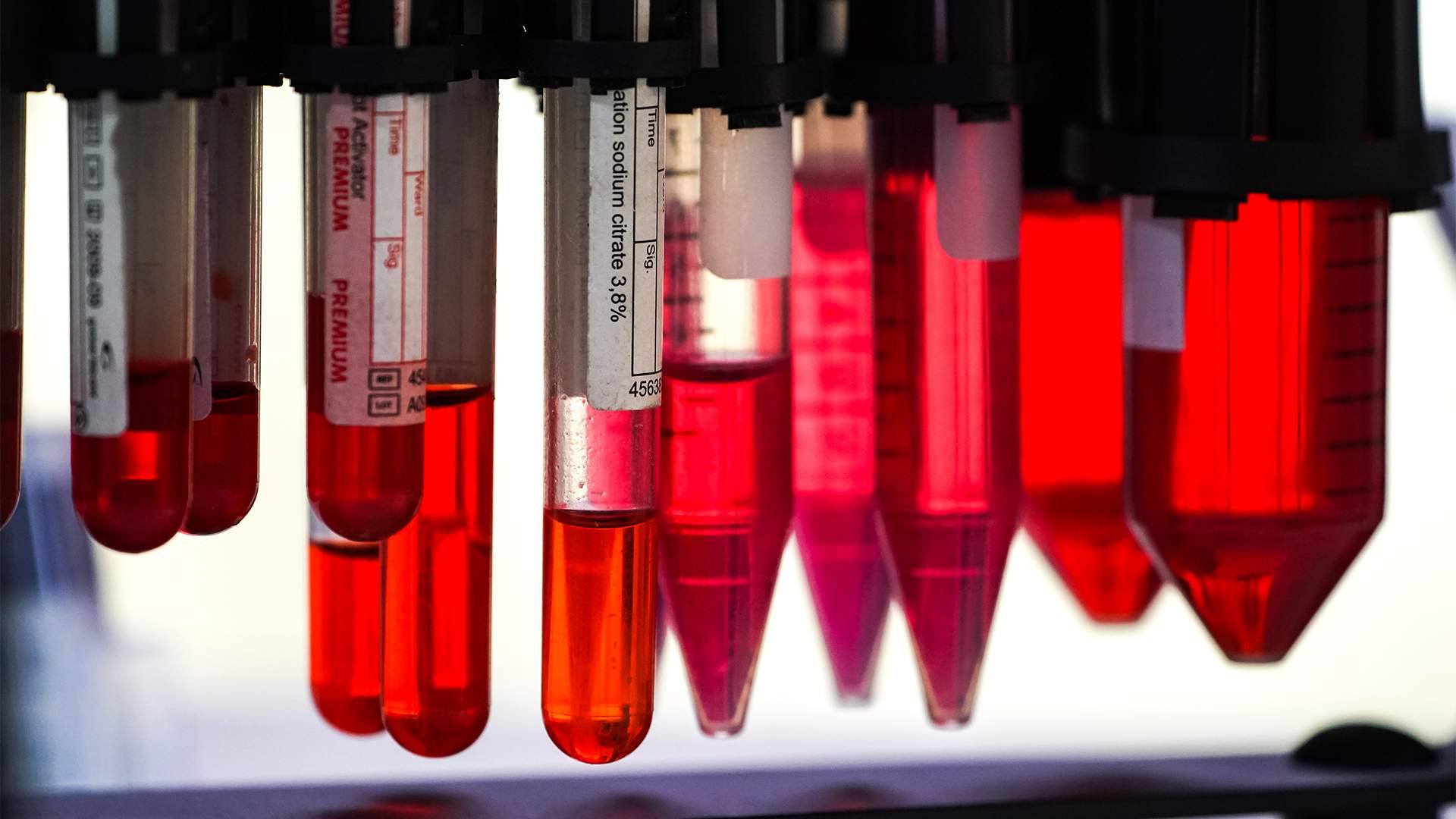- Статьи
- Science and technology
- Symptom expression: genetic factors can help treat atypical depression
Symptom expression: genetic factors can help treat atypical depression

Genetic factors play a major role in the development of atypical depression, which differs from the classic, "melancholic" type and leads to weight gain. A group of Russian scientists came to this conclusion. A person with this form of the disorder may suffer from obesity, lead paralysis (heaviness in the arms and legs), drowsiness and hypersensitivity. These symptoms are often confused with other diseases, so it is especially important to find objective diagnostic indicators. Researchers expect that in the future it will be possible to identify markers that will allow to diagnose in time and prevent the development of the disease.
What is atypical depression
In Sechenov University established a connection between atypical depression and genetic factors. As experts told "Izvestia", this is a non-standard type of disease, which differs from the classic, "melancholic" type. Instead of insomnia and weight loss, patients have, on the contrary, increased appetite, weight gain and mood swings. In addition, a person with atypical depression may suffer from lead paralysis (heaviness in the arms and legs), drowsiness and hypersensitivity. People with this affliction are at a higher risk of cardiovascular disease, which may be due to increased appetite and cravings for carbohydrates, the doctors said.
It is already known that genetic factors play an important role in the development of depression in general. But data on the atypical form have been scattered, making it impossible to draw conclusions about patients' genetic predisposition to the condition.
- "High-quality, convincing evidence is needed to further find genetic markers for such a disorder, showing that a person has atypical depression and not some other disease, including other types of mental disorders or metabolic disorders," Beatrice Wolel, director of the N.V. Sklifosovsky Institute of Clinical Medicine and professor at the university's Department of Psychiatry and Psychosomatics, told Izvestia. - At the Clinic of Psychosomatic Medicine of Sechenov University, we often see patients with atypical depression and we know that it is not easy to diagnose it. At the same time, the earlier it is done, the more effective the therapy will be.
Depression is an extremely debilitating disease that affects up to 310 million people worldwide. There are many types of this disorder, one of which is atypical depression. It differs from the classic, "melancholic" type.
Therefore, scientists analyzed existing studies regarding genetic factors associated with atypical depression. They found that the genetic polymorphisms found in people with this disease, that is, variations, are associated with the serotonin transporter gene, endocrine regulation, immune regulation, as well as cellular regulation, in particular the genes of fat mass and obesity-associated protein.
In addition, the findings confirm that the atypical type of major depressive disorder is inherited to some extent, the scientists' study said.
The impact of genetics on the psyche
Scientists expect that thanks to this information it will be possible to identify genetic markers that indicate the risk of developing atypical depression, which will allow not only to make a more accurate diagnosis and prescribe effective treatment, but also to prevent the development of the disorder.
Sechenov University has already started searching for such markers, said Dmitry Petelin, assistant of the Department of Psychiatry and Psychosomatics, psychiatrist at the Clinic of Psychosomatic Medicine.
- We are conducting our own research: we take blood from our patients and do genetic analysis to identify the relationship of specific genes with the disease. We plan to get the first results within a few years," he explained to Izvestia.
Undoubtedly, the contribution to the practice of such research is enormous, Elena Solomeina, a clinical psychologist and leading specialist of the Semeynaya clinic network, told Izvestia. If the study reveals genetic markers, clinical psychologists may have the opportunity to pay attention to the patterns of a child's life long before signs of the disease appear.
- This in turn would help prevent the development of such a difficult-to-correct disorder. I believe that the existence of a link between genetic factors and the emergence of atypical depressive disorders has been observed in practice. This issue needs a multidisciplinary approach," said the doctor.
Psychogenic overeating can be accompanied by depression, anxiety disorder, obsessive-compulsive disorder and so on, said Olga Valaeva, candidate of psychological sciences, head of the scientific and practical center "Virtual Clinic" of the Moscow Institute of Psychoanalysis. In such cases, it is important to determine where is the cause and where is the effect.
- Identification of genetic markers that indicate the risk of developing atypical depression allows us to solve this problem, that is, to identify depression as a cause of eating disorders. The correct definition of the therapeutic target significantly increases the effectiveness of psychotherapy," said the expert.
According to her, various forms of depression are often hidden, masked under somatic diseases and accurate diagnosis will help to increase the effectiveness of treatment and rehabilitation.
Переведено сервисом «Яндекс Переводчик»




